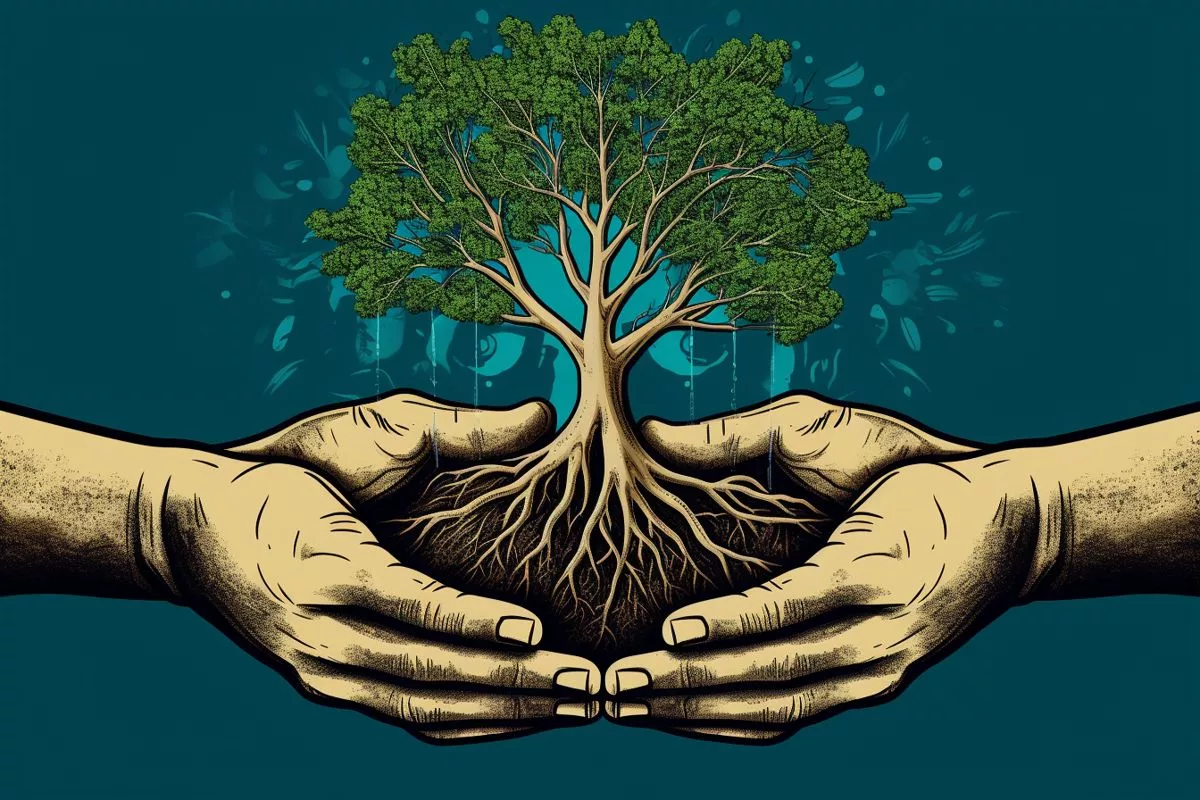The Electoral Commissions Forum of Southern African Development Community (ECF-SADC) is celebrating its 25th anniversary, marking a quarter-century of championing democratic administration in the region. Established during a crucial period of political transformation, ECF-SADC has played a vital role in deepening democracy through training programs, collaborative efforts, and providing a platform for election management bodies to learn from each other. While many Southern African countries have made remarkable progress towards democratic governance, challenges such as political corruption and strengthening democratic institutions remain hurdles that must be addressed.
Commemorating ECF-SADC: A Silver Jubilee of Championing Democratic Administration in South Africa.
ECF-SADC was established 25 years ago to deepen democracy in the SADC region through the exchange of experiences, provision of training programs, and initiation of collaborative efforts. The forum provides a platform for Election Management Bodies to empower and learn from each other. Under this forum’s auspices, the region has seen remarkable democratic transitions, with regular elections becoming a norm in almost all countries. Nevertheless, strengthening democratic institutions and combating political corruption remain hurdles for Southern African countries.
Esteemed Barnabas Nyamadzabo, the distinguished President of the Electoral Commissions Forum of Southern African Development Community (ECF-SADC) and the esteemed Chairperson of the Electoral Commission of Botswana, respected Chairpersons of Electoral Management entities within the SADC region, Mr. Mosotho Moepya, Dr Elsie Nghikembua, and exemplary guests, ladies, and gentlemen. We take great pleasure in gathering on this significant event to mark the 25th anniversary of the ECF-SADC.
This forum originated at a crucial turning point in our collective history, a period when our nations were undergoing a significant political transformation. The ECF’s 25th anniversary presents a rare occasion to assess the development, hurdles, and advancement of electoral democracy and governance in Southern African countries since the early 1990s.
Over the span of three decades, our region has observed significant periods of change that have molded our political landscapes and governance systems. The 1990s brought a decisive shift for many Southern African countries, as sweeping changes heralded a new era of democratic governance. This revolutionary period resulted in the downfall of oppressive regimes and the inception of national electoral systems. Our people continue to value the significance of democracy in promoting social justice, human rights, and economic growth.
Section II: Emergence and Transformation
In South Africa, Mozambique, Angola, Namibia, and numerous SADC nations, the rise of democracy symbolized a significant transition from single-party rule to the embracement of multi-party electoral democracies. Our Electoral Management Bodies emerged as vanguards entrusted with the vital role of administering transparent, fair, and free elections – the cornerstone of our thriving democratic societies.
ECF-SADC was established to amplify and deepen the roots of democracy in the SADC region through the exchange of experiences, provision of training programs, and initiation of collaborative efforts. As we commemorate a quarter-century of ECF’s relentless commitment today, we find ourselves at an intersection, confronted with new challenges.
The ECF-SADC acts as a robust defender of regional democracy, charged with creating strategies and programs to safeguard the integrity of our electoral process and the progress we have made thus far. The forum provides a platform for Election Management Bodies to empower and learn from each other. Its aims range from advocating for the creation of autonomous and impartial Electoral Commissions in the region, promoting the development of electoral laws aligning with regionally and internationally accepted principles of election management, and facilitating access to and sharing of experiences, expertise, and technological information among Member Commissions.
Section III: Challenges and Progress
Under this forum’s auspices, the region has seen remarkable democratic transitions, with regular elections becoming a norm in almost all countries. Many nations have seen peaceful power transitions, ensuring that citizens freely exercise their right to select their leaders.
Nevertheless, the path towards efficient governance continues to be riddled with challenges for Southern African countries. Political corruption, a significant issue, has marred several nations in the region, undermining the credibility of electoral processes, diminishing public trust, and hindering socio-economic development. It is essential for governments and civil society organizations to join forces to combat corruption through transparency, accountability, and the rule of law.
Strengthening democratic institutions is another hurdle faced by Southern African countries. Despite many countries having established electoral frameworks, fortifying these institutions to ensure their independence, effectiveness, and resilience is equally critical. Judicial systems, electoral commissions, and civil society organizations must be equipped to protect the integrity of the electoral process and secure citizens’ rights.
Southern African countries have shown remarkable progress in their quest for effective democratic governance despite grappling with socio-economic disparities. The increased role of women in politics, advancements in technology, and prioritization of inclusive economic development are notable strides in this region’s journey towards democratic governance. As we commence the next phase of our journey, the next 25 years of ECF-SADC, let us recommit ourselves to this noble endeavor, building an Africa where democracy reigns supreme, empowering future generations, and shaping a future where prosperity and dignity are the inherent rights of all African citizens.
In this journey, we owe our gratitude to our pioneers whose visionary initiatives led to the forum’s establishment 25 years ago. Their efforts have yielded a robust and sustainable democracy in the region, a testament to their devotion to democratic governance that will continue to inspire future generations. As we strive to fortify our democratic institutions and practices, we anticipate a productive future, steadfast in our commitment to democracy.
1. What is ECF-SADC?
ECF-SADC stands for Electoral Commissions Forum of Southern African Development Community. It is a forum that was established 25 years ago to deepen democracy in the SADC region through the exchange of experiences, provision of training programs, and initiation of collaborative efforts.
2. What is the purpose of ECF-SADC?
The purpose of ECF-SADC is to amplify and deepen the roots of democracy in the SADC region by providing a platform for election management bodies to empower and learn from each other. Its aims range from advocating for the creation of autonomous and impartial Electoral Commissions in the region, promoting the development of electoral laws aligning with regionally and internationally accepted principles of election management, and facilitating access to and sharing of experiences, expertise, and technological information among Member Commissions.
3. What has ECF-SADC achieved in the past 25 years?
Under ECF-SADC’s auspices, the region has seen remarkable democratic transitions, with regular elections becoming a norm in almost all countries. Many nations have seen peaceful power transitions, ensuring that citizens freely exercise their right to select their leaders.
4. What challenges do Southern African countries face in terms of democratic governance?
Political corruption is a significant issue that has marred several nations in the region, undermining the credibility of electoral processes, diminishing public trust, and hindering socio-economic development. Strengthening democratic institutions is another hurdle faced by Southern African countries.
5. How can Southern African countries combat corruption and strengthen their democratic institutions?
Governments and civil society organizations must join forces to combat corruption through transparency, accountability, and the rule of law. Judicial systems, electoral commissions, and civil society organizations must be equipped to protect the integrity of the electoral process and secure citizens’ rights.
6. What is the future of ECF-SADC and democratic governance in the SADC region?
As we commence the next phase of our journey, the next 25 years of ECF-SADC, let us recommit ourselves to this noble endeavor, building an Africa where democracy reigns supreme, empowering future generations, and shaping a future where prosperity and dignity are the inherent rights of all African citizens.









